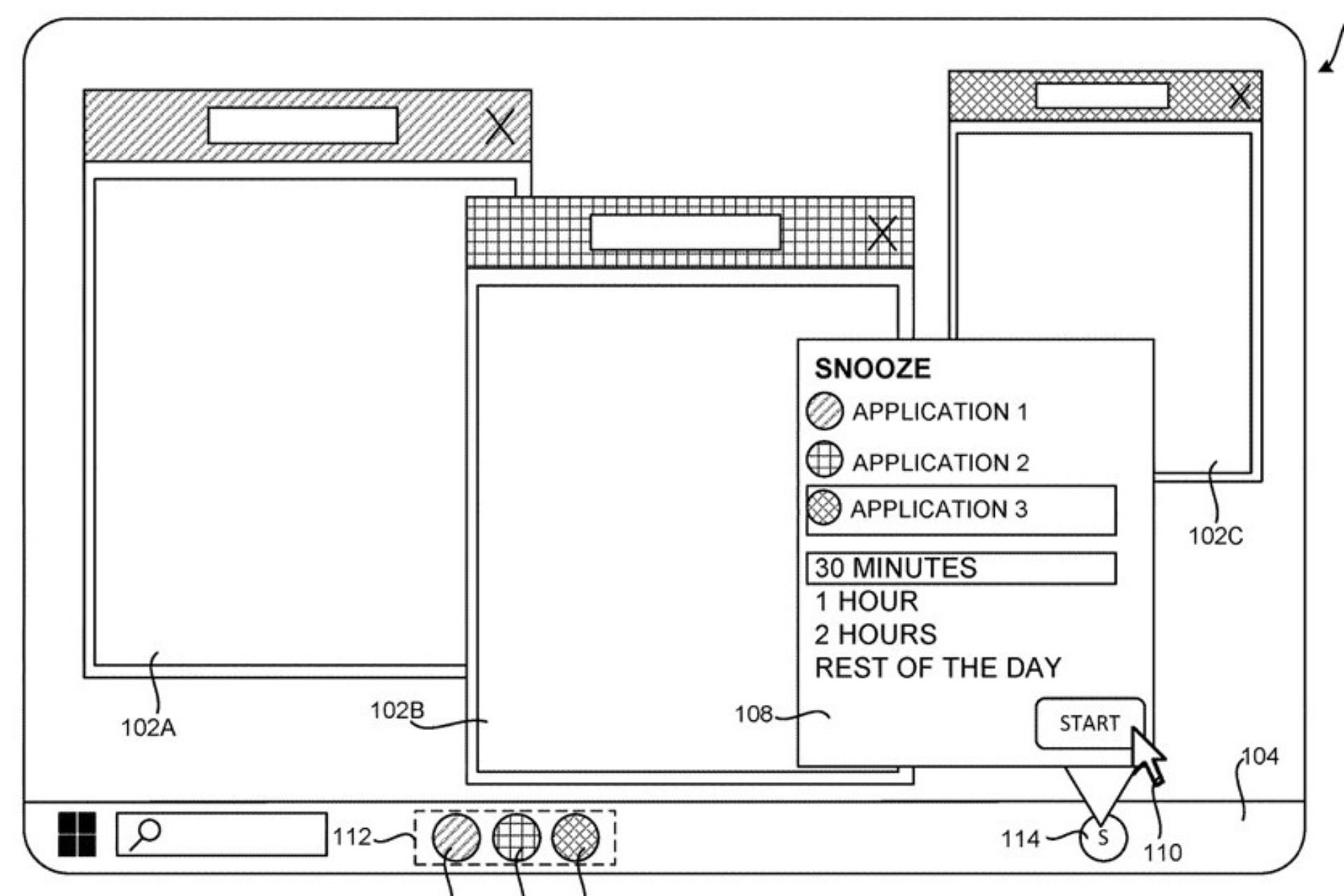NVIDIA helps Japanese build the ultimate quantum supercomputer with AI power
Quantum computing and AI might generate important breakthroughs in science
2 min. read
Published on
Read our disclosure page to find out how can you help Windows Report sustain the editorial team Read more

In a groundbreaking move that’s setting the tech world abuzz, NVIDIA has teamed up with Japan to create the ABCI-Q supercomputer, a marvel designed to push the boundaries of quantum computing. The supercomputer will actually benefit Japan’s National Institute of Advanced Industrial Science and Technology (AIST) and will actually become a hybrid cloud system of quantum computers and supercomputers.
In fact, ABCI-Q will be designed to be used for high-fidelity quantum simulations for research across multiple industries.
NVIDIA’s Hopper Architecture and CUDA-Q are at the heart of ABCI-Q, combining to offer a powerhouse for quantum simulations across various industries. Imagine having over 2,000 NVIDIA H100 Tensor Core GPUs at your disposal, interconnected by the groundbreaking NVIDIA Quantum-2 InfiniBand. It’s like having the keys to a supercar that can navigate the complex highways of quantum computing with unprecedented speed and efficiency.
Why is the ABCI-Q supercomputer so important?
In NVIDIA’s press release, one of the officials emphasizes the important role of the future supercomputer:
Researchers need high-performance simulation to tackle the most difficult problems in quantum computing. CUDA-Q and the NVIDIA H100 equip pioneers such as those at ABCI to make critical advances and speed the development of quantum-integrated supercomputing.
Tim Costa, director of high performance computing and quantum computing at NVIDIA
Quantum computing holds the key to solving problems that are currently beyond the reach of classical computers. From drug discovery to climate modeling, the potential applications are vast and transformative. ABCI-Q is designed to be a sandbox for innovation, where researchers can experiment with quantum circuit simulation, quantum machine learning, and even the development of new algorithms inspired by quantum principles.
What’s truly remarkable is the open-source nature of NVIDIA’s CUDA-Q platform. It’s like giving scientists and researchers a universal translator for quantum computing, enabling them to program hybrid quantum-classical systems with ease. This democratization of technology is a game-changer, making quantum computing more accessible to a broader range of innovators.
The partnership between NVIDIA and Japan’s G-QuAT/AIST is a pretty bold step forward in the quest to harness the potential of quantum computing. Not only because of the technology behind it, but mostly for the answers it might unravel to scientists.








